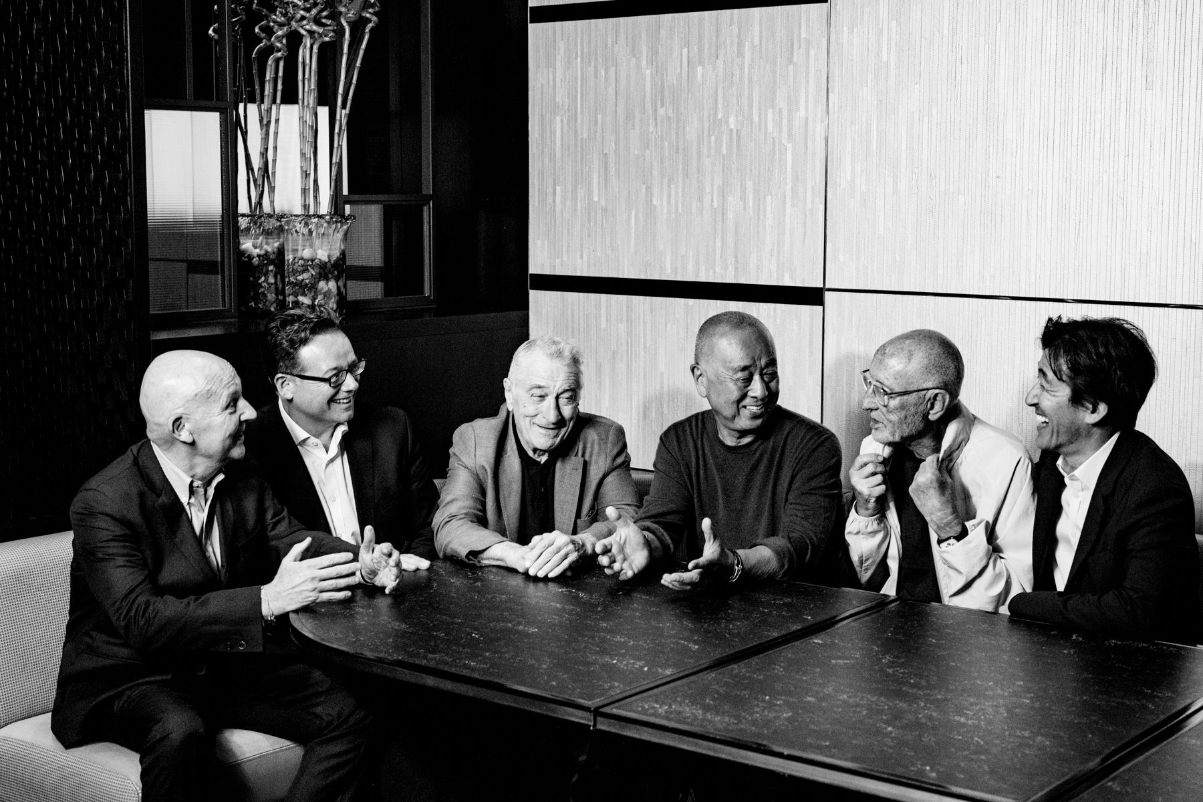Nobu's Secret: CEO Lays Out Plan to Have 80 Luxury Hotels

Skift Take
Nobu, the posh restaurant chain, is expanding its luxury hotel brand. The secret sauce? Sky-high revenue from their in-house restaurants, Robert De Niro's star power, and a culture that keeps top talent sticking around, says top exec Trevor Horwell.
The first Nobu, a new-wave Japanese restaurant, opened in New York 30 years ago this year. The brand keeps expanding, with about 50 restaurants worldwide.
In 2013, it debuted Nobu Hotels as a brand extension, opening a Las Vegas property within Caesars Palace. This month, Nobu announced plans for its 40th hotel, expected to open in Ho Chi Minh in 2026.
"We'll have 80 hotels within the next five years, easily," said Trevor Horwell, CEO of Nobu Hospitality.
Skift spoke with Horwell to learn Nobu Hotels' game plan.
Nobu's Marrakech Hotel and Restaurant. Source: Nobu Hotels Nobu Hotels' robust track recordHorwell made an indirect case that his hotel brand has performed well financially.
"We have a great business algorithm, and the P&L [profit-and-loss sheet] sells [the brand to developers]," Horwell said. "At Nobu, we make as much on an average restaurant seat as we do in a hotel room." "In Vegas, we opened our first hotel in 2013," he said. "The results were good in 2013 and even better now." "We haven't closed any hotels or re
